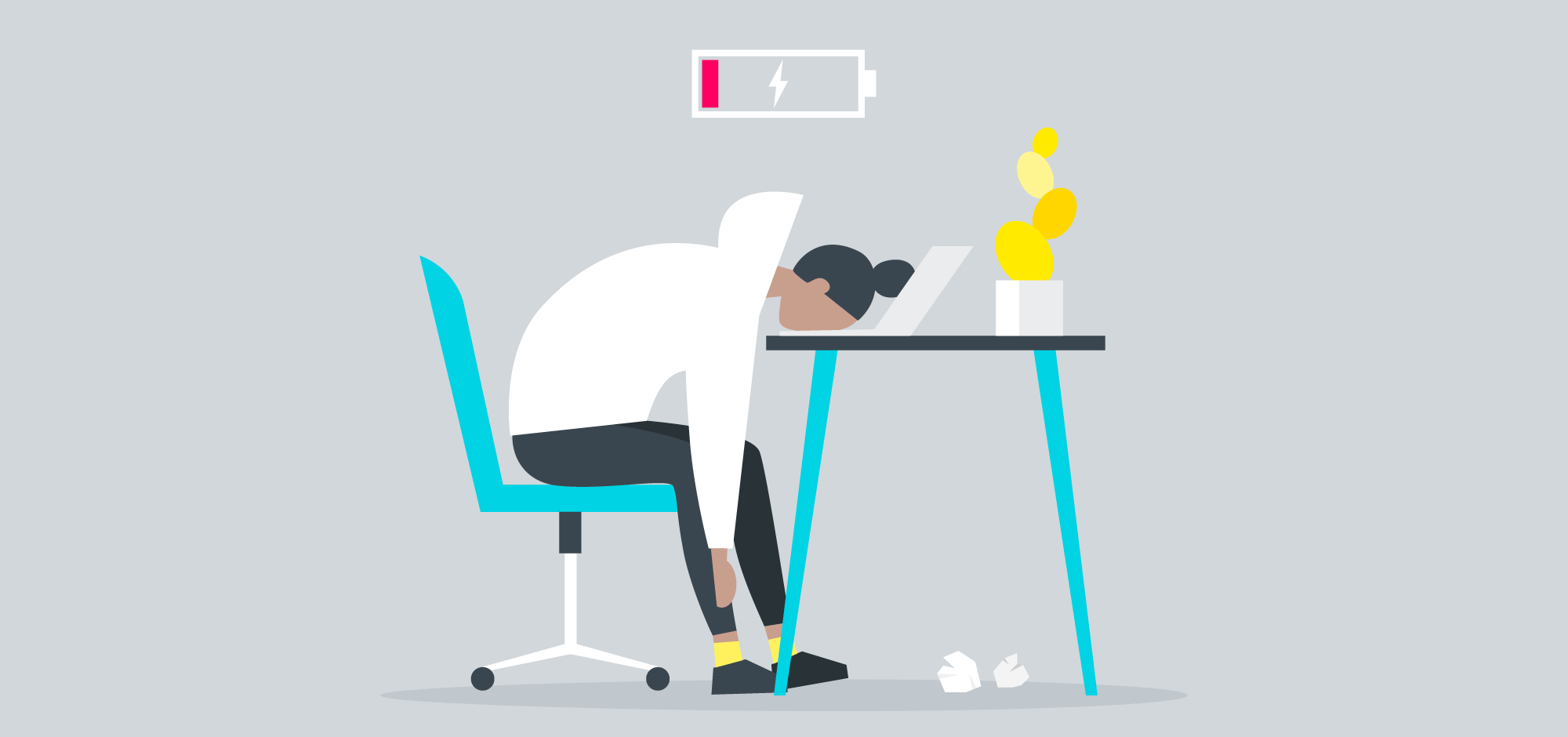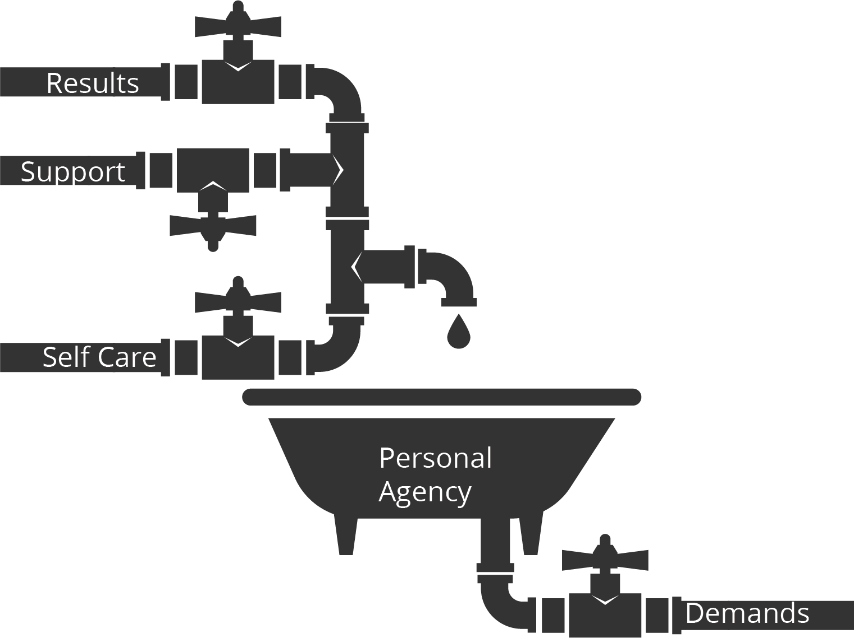You’re working hard. You’re working smart. You’re the consummate entrepreneur taking calculated risks. The problem is you’re not seeing results. Sure, you’re not starving, and your rent is paid, but you know that you could work half as hard for someone else and make twice as much money. You’re exhausted, and you’re wondering if you shouldn’t throw in the towel and do something different. Are you just tired, or is it something more serious like burnout?
What is Burnout?
Though definitions vary, most people agree that burnout is characterized by exhaustion, cynicism, and inefficacy. If you’re saying “check” to each of these in your head, you may be there. However, small business owners are naturally exhausted, because they’re always trying to grow and make the business stronger. They’re naturally cynical of politicians who claim they’re good for small business and vendors who say they’ve got a handle on their delivery problem.
More importantly, it’s hard to look at the end-of-year numbers and wonder if you’re doing the right thing. Sure, the numbers can look good – very good – but sometimes the numbers don’t look good. You start trying to do the math on what your hourly rate is, since most small business owners don’t clock out at 5 PM. You can absolutely look at the financials at the end of the year and wonder if you’re effective at growing the business and making something you can leave for your family or sell, so you have a retirement. In short, it’s hard to feel effective.
Feelings of Inefficacy
If you own a small business, you are necessarily an optimist. According to The Bureau of Labor Statistics, 20% of businesses fail in their first year, 30% in their second year, 50% fail after five years, and 70% in ten years. Those are the kind of terrible odds you get from a bookie and not from Las Vegas. Yet, year after year, organizations start and struggle to survive, because they believe they can be the one to make it to big money, freedom, respect, and whatever else they want.
What happens in our heads when we are just barely scraping by? What happens when one day we wake up, and even though the business is in business, we’re not successful? What happens when we feel like we’re never going to make it? It’s that moment when we don’t feel effective that we lose hope, and far too many businesses give up.
Recovering
In the end analysis, burnout is a belief that we’re not effective – and we may never be effective. Recovering from burnout is about viewing our efficacy differently. Instead of lamenting about the fact that we’re not raking in the money, perhaps it’s time to hold a party, because we survived our first, second, fifth, or tenth year of business. Instead of being disappointed that we didn’t double our sales numbers, maybe we can be grateful that we’re still in business when two of our competitors have had to close their doors.
Too often, we move the goal post on ourselves. It’s not enough to survive, we’ve got to branch out, expand, hire employees, and win new contracts. It’s not enough to make what we’d make working for someone else; we’ve got to make double that.
Even if we have to say we’re not being effective today, we can’t say that we’ll never be effective. Think about Walmart and Chick-Fil-A, both of which grew out of small businesses and took decades to hit their growth curve.
Four Things to Do Today
Another view of burnout makes it easier to take specific actions to escape its grip. The Bathtub Model of personal agency views your ability to get things done (personal agency) as a bathtub that is filled by results, support, self-care and is drained by the demands that are placed on you. Burnout is when you feel like your personal agency bathtub is empty.
Based on this model, here are four things you can do to reduce the probability of burnout or recover once you’re there:
- Recognize the results you are getting. Too often as small business owners, we fail to recognize what we are getting accomplished.
- Seek out support. Being a small business owner can feel like you’re alone on an island with no one to support you. However, other small business owners are facing the same challenges. Ask for support from your peers to talk through your challenges and brainstorm solutions.
- Do self-care. If there’s one thing business owners are bad at, it’s self-care. Don’t ignore hydrating, eating right, exercising, and getting good sleep. If you can’t take care of yourself, you can’t take care of others.
- Manage your demands. Not everything has to be done today or done by us personally. Prioritize the things that must happen and relentlessly work on delegating the things that you don’t have to do.
If you work at it, you can recognize that you are making progress, and you can stay out of burnout.
This post is provide by Robert Bogue who is a small business owner with 14 years of experience – this time. He and his wife and partner, Terri, wrote the book Extinguish Burnout: A Practical Guide to Prevention and Recovery for The Society for Human Resource Management (SHRM). You can find out more about the book and other burnout resources, including tests to assess whether you’re burned out, at https://ExtinguishBurnout.com


